
Introduction: The Rise of the Circular Economy
In a world grappling with climate change, resource depletion, and waste crises, the circular economy has emerged as a revolutionary alternative to our traditional “take-make-waste” model. At the forefront of this transformation are Circular Economy Strategists – visionary professionals who design systems where materials are reused, waste is eliminated, and sustainability is built into business models.
This guide covers everything you need to know about this cutting-edge career:
- The history and evolution of the circular economy
- What a Circular Economy Strategist actually does
- Salary ranges across industries and experience levels
- Essential qualifications and skills needed
- Step-by-step path to entering the field
- Future job outlook and emerging opportunities
1. The History of the Circular Economy Concept
Early Philosophical Foundations (1960s-1970s)
The seeds of circular thinking were planted by:
- Economist Kenneth Boulding (1966) who proposed the “Spaceship Earth” concept
- The Club of Rome’s “Limits to Growth” report (1972) warning about resource depletion
- Walter Stahel’s “Cradle to Cradle” ideas (1970s) advocating for product lifecycle redesign
Formalization of the Concept (1990s-2000s)
Key milestones:
- 1994: Michael Braungart and William McDonough publish seminal work on Cradle to Cradle design
- 2010: Ellen MacArthur Foundation established, becoming the global leader in CE advocacy
- 2015: EU adopts first Circular Economy Action Plan
- 2018: China implements sweeping circular economy policies
Mainstream Adoption (2020s-Present)
Recent developments:
- Corporate commitments (IKEA, H&M, Philips adopting circular models)
- Government mandates (EU’s Circular Economy Package, California’s SB 54)
- Financial sector integration (circular economy ETFs, green bonds)
2. What Does a Circular Economy Strategist Do?
Core Responsibilities
- Design closed-loop systems for products/materials
- Develop circular business models (leasing, product-as-service)
- Conduct material flow analysis and waste audits
- Advise on policy frameworks for circular transitions
- Implement industrial symbiosis programs
- Measure circularity metrics (Material Circularity Indicator)
Industry Applications
| Sector | Focus Areas | Sample Projects |
|---|---|---|
| Manufacturing | Design for disassembly, remanufacturing | Automotive parts recovery systems |
| Fashion | Textile recycling, rental models | H&M’s Looop garment-to-garment system |
| Tech | Modular design, e-waste recovery | Fairphone’s repairable smartphones |
| Food | Upcycling, packaging innovation | Toast Ale’s beer from surplus bread |
| Cities | Urban mining, sharing economies | Amsterdam’s circular city program |
3. Salary Expectations for Circular Economy Strategists
Global Salary Ranges (Annual)
| Experience Level | Corporate Sector | Consulting | Government/NGO | Entrepreneurship |
|---|---|---|---|---|
| Entry-Level (0-3 yrs) | $50,000-$75,000 | $60,000-$85,000 | $45,000-$65,000 | Variable |
| Mid-Career (4-9 yrs) | $80,000-$120,000 | $90,000-$140,000 | $70,000-$100,000 | $50,000-$200,000+ |
| Senior (10+ yrs) | $130,000-$200,000+ | $150,000-$250,000+ | $90,000-$150,000 | $100,000-$500,000+ |
Highest Paying Industries:
- Tech & Electronics (Apple, Dell, HP)
- Management Consulting (McKinsey, BCG, Accenture)
- Private Equity (Circular economy-focused funds)
4. Essential Qualifications & Skills
Educational Pathways
- Undergraduate Degrees:
- Environmental Engineering
- Industrial Design
- Sustainable Business
- Materials Science
- Advanced Degrees (Recommended):
- MS in Circular Economy (TU Delft, Lund University)
- MBA with Sustainability Focus (Yale, Presidio)
- PhD in Industrial Ecology
Certifications to Boost Credibility
- Circular Economy Specialist (Ellen MacArthur Foundation)
- Cradle to Cradle Certified™ Professional
- LEED Green Associate
- Life Cycle Assessment (LCA) Certification
Must-Have Skills
✔ Systems thinking and supply chain mapping
✔ Business model innovation expertise
✔ Stakeholder engagement across sectors
✔ Data analysis (LCA software, MFA tools)
✔ Policy and regulatory knowledge (EPR, ETS)
5. How to Launch Your Career
Step 1: Build Foundational Knowledge
- Take free courses (Coursera’s “Circular Economy – Sustainable Materials Management”)
- Read key books (“The Circular Economy Handbook” by Peter Lacy)
- Follow thought leaders (Ellen MacArthur, Walter Stahel)
Step 2: Gain Practical Experience
- Intern at circular startups (Terracycle, Ecovative)
- Volunteer for NGO projects (Circle Economy, WRAP)
- Participate in hackathons (The Great Recovery, What Design Can Do)
Step 3: Develop Specialized Expertise
- Focus on high-impact materials (plastics, textiles, batteries)
- Master digital tools (Circularity.FM, Ecochain)
- Build sector-specific knowledge (construction, electronics)
Step 4: Land Your First Role
- Corporate: Sustainability departments of multinationals
- Consulting: Boutique circular economy firms
- Government: Circular economy task forces
- Startups: Join a circular economy innovator
6. Future Trends & Career Growth
Emerging Opportunities
- Digital Product Passports (blockchain for material tracking)
- Advanced Recycling Technologies (chemical, enzymatic)
- Circular Cities Planning (urban metabolism specialists)
- Circular Finance (ESG investing, outcome-based contracts)
Disruptive Technologies Creating Jobs
- AI for material matching in industrial symbiosis
- Robotics for disassembly operations
- Biotechnology for novel material creation
Long-Term Career Pathways
- Corporate: Chief Circularity Officer
- Policy: Circular Economy Minister/Director
- Entrepreneurship: Circular startup founder
- Finance: Circular investment fund manager
Final Verdict: Is This Career Right For You?
Best For:
- Systems thinkers who love solving complex challenges
- Business-minded environmentalists
- Those comfortable with ambiguity in an emerging field
Challenges:
- Requires constant learning as field evolves
- Need to persuade skeptical stakeholders
- Early-stage companies may be volatile
Next Steps to Get Started
✅ Complete Ellen MacArthur Foundation’s introductory course
✅ Attend Circular Economy Hotspot events
✅ Build a portfolio with a small local project
The circular economy revolution needs strategists who can turn theory into practice. Will you be one of them? ♻️

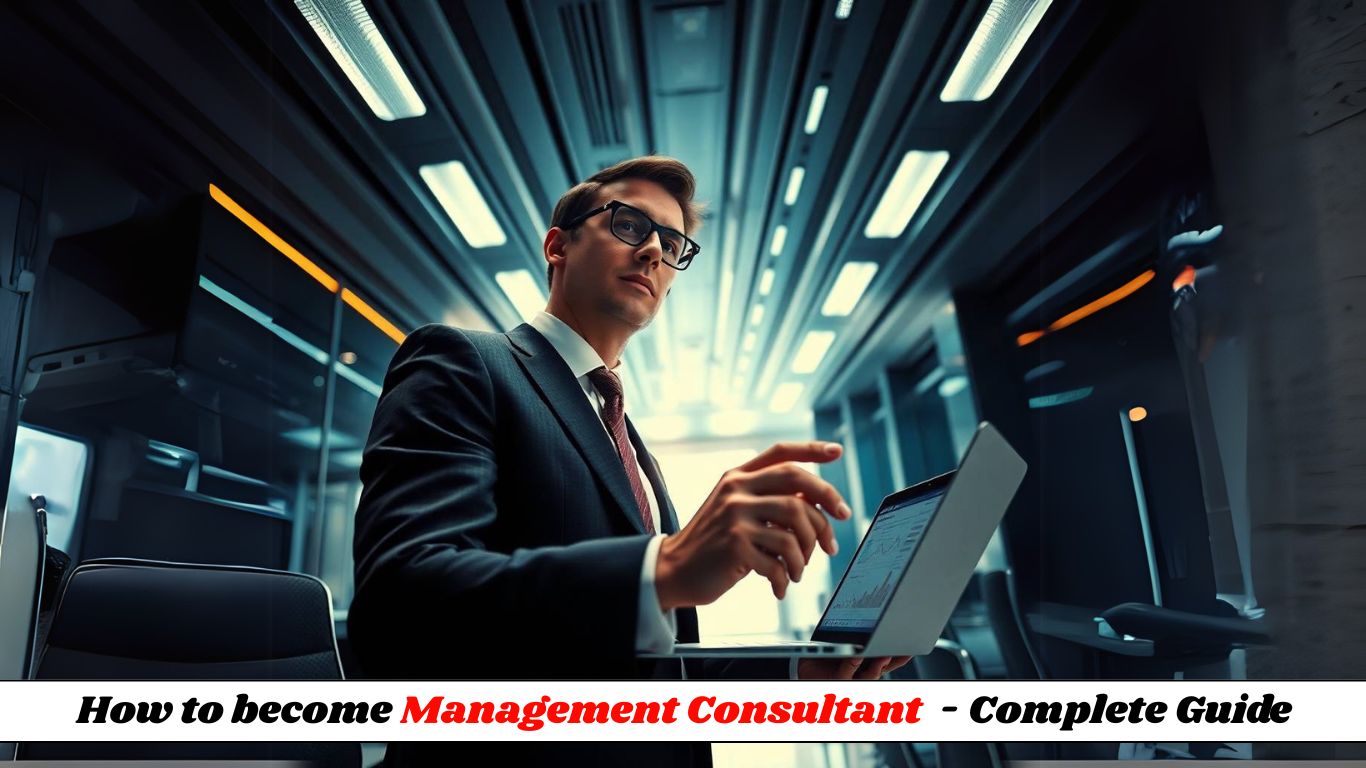
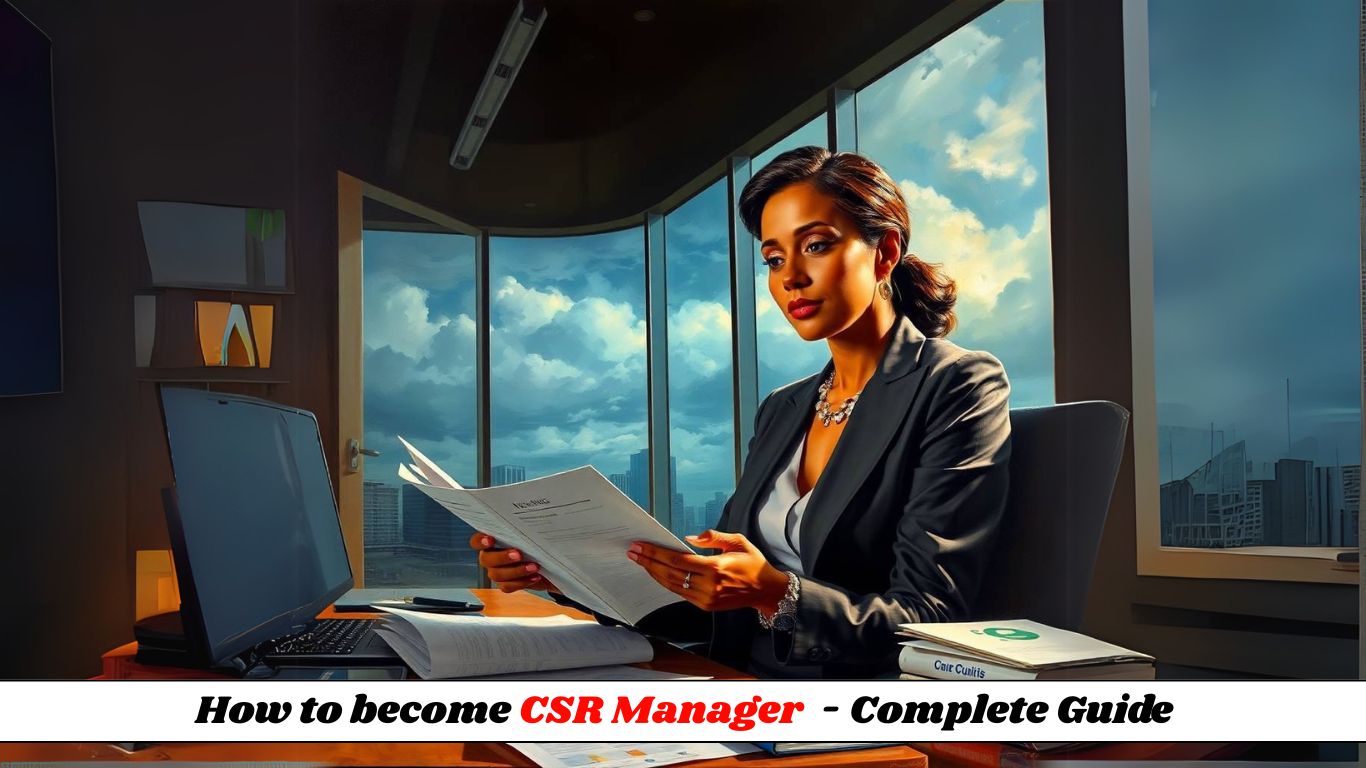

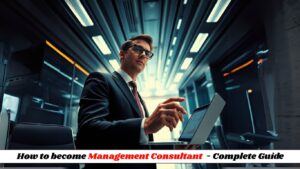
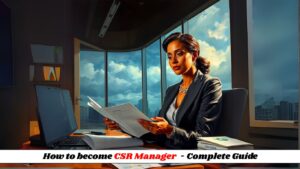

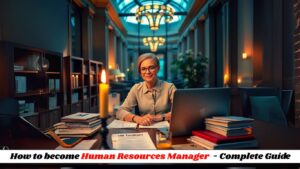


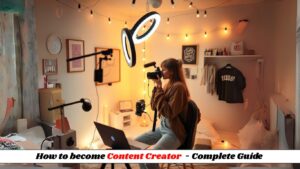


Post Comment